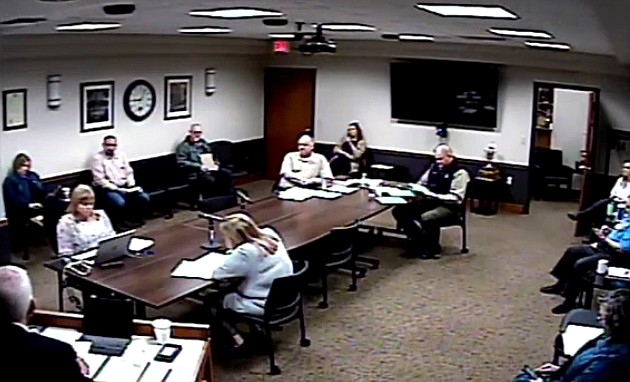A year ago, Cole County was allocated $9 million in the first round of federal funds to help with costs and expenses related to the COVID-19 pandemic.
At Tuesday's Cole County Commission meeting, commissioners approved spending the $184,937 in funds that was left from the county's portion of the Coronavirus Aid, Relief and Economic Security Act.
The money was used for internal expenses and included:
- $125,043 to help pay for the extra time employees at the Cole County Health Department have been working during the pandemic in January and February.
- $44,159 to pay for coveralls for the county EMS service.
- $14,780 for COVID vaccine supplies and storage.
- $940 for social distancing barrier improvements.
- $15 for a Zoom subscription for long distance meetings.
Along with paying county government costs, CARES Act money went to help public and private schools, municipalities, small businesses, nonprofit organizations and health organizations. These entities went through an application process with the county, which used a private firm to help set up qualifications to receive money.
That private accounting firm, Springfield-based BKD, found the expenses brought forward to the commission Tuesday qualified under the CARES Act.
The county will continue to have BKD help it as it prepares to go through the second round of federal COVID-19 relief with the American Rescue Plan Act. President Joe Biden signed the bill in March, and it included $65.1 billion in direct aid to every county in America.
BKD officials Tuesday said they still hadn't seen much guidance on how the ARPA funds can be spent. The county is expecting to get an estimated $14.8 million on or around May 10.
BKD officials asked commissioners to be thinking about potential infrastructure projects, including water, sewer and perhaps broadband expansion since those had been mentioned in earlier ARPA discussions.
Cities would receive ARPA money directly and would not have to go through an application process as they did to receive CARES Act funding.

